Too many sweets are bad for my health and too much sentimentalism is bad for. . . well, I don’t know. Is there a word, this side of shame, for self-embarrassment?
The greatest art is created at the cusp of the sublime and the banal: Shakespeare, Beethoven, Rembrandt. Other great works are heroic struggles to reach that peak, with artists on the sublime side – George Eliot, Mahler, Monet (for example) – deliberately working with the material of sentiment to temper their subject matter of grand philosophical concepts, and artists on the sentimental side – Hemingway, Richard Strauss, Hopper (for example) – creating a transcendental structure which will drape their sentimentalism in the mantle of art.
I love 19th century writers, composers, artists, but some of them most of the time and most of them some of the time descend into a kind of unsubtle, primitive sentimentalism that I react to, inadvertently, with the tawdriest of emotions. Yecch. It’s embarrassing. I am embarrassed that I never fail to cry when Rodolfo cries out “Mimi! Mimi!” and the music swells at the end of La Boheme. I do not enjoy it. I am not “having a good cry.” I am aware of the brutal, tawdry, cynical power with which Puccini is pulling my heart strings, and it makes me angry.
It was so personal, it spoke so directly to me that the first time I heard it I played it over and over. There are some sections that do not resonate as much, but as a whole, it is as if Janacek had set to music not my life, but the feelings I have looking back at that life.
The piece is On an Overgrown Path.
I don’t know what it is about this – well, I do know what it is, but I can’t put it into words – but when Schipa holds that high note in the third line of the refrain
Que ya la aurora temprana ay, ay, ay
I feel as that there is nothing more beautiful in the universe. In a perfect world, it would be the last thing I heard.
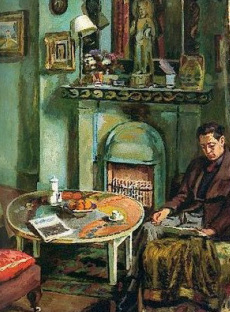
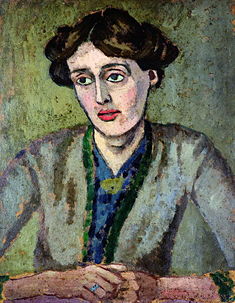
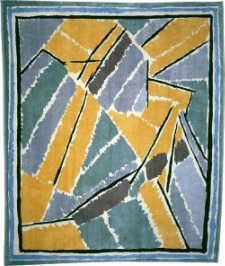
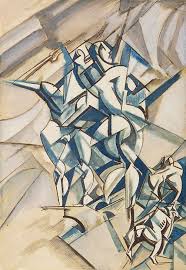
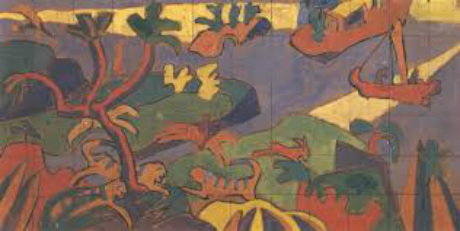
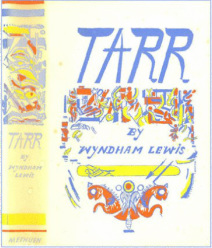
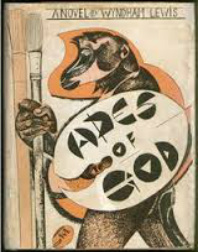
 RSS Feed
RSS Feed